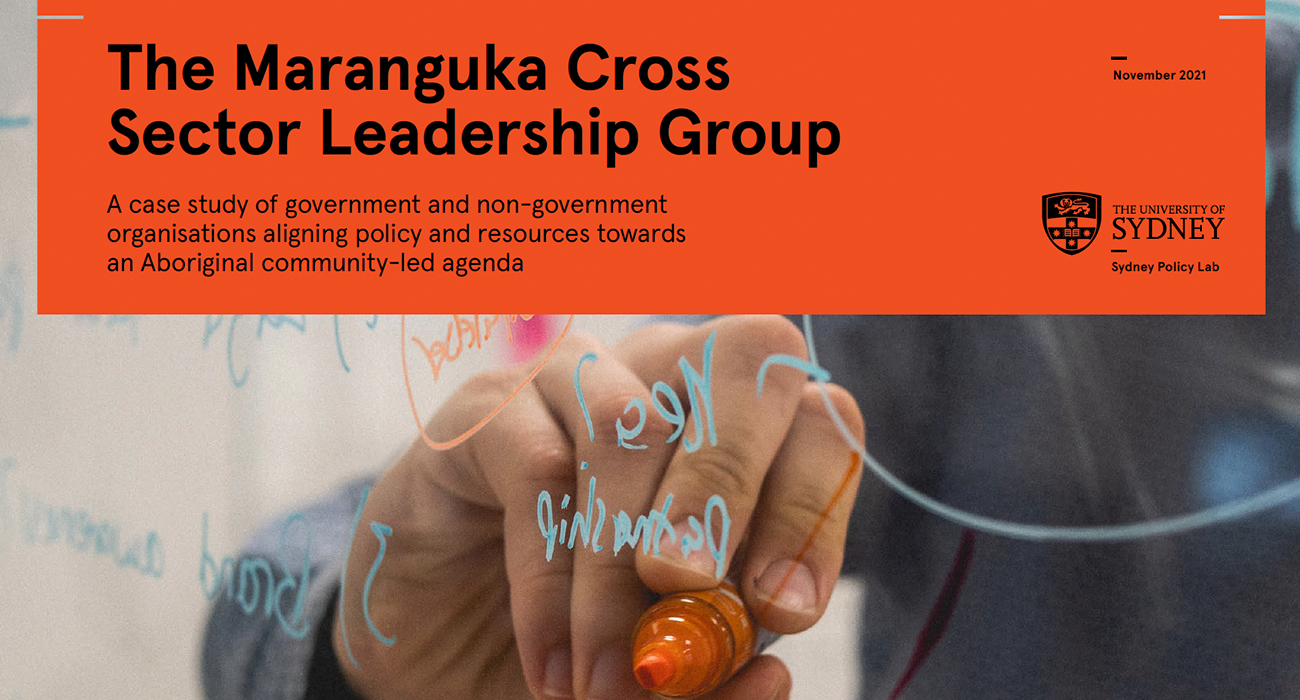The Right to Education and the Nature of Obligations on Australian Governments. Given that a young person is compelled to participate in education and/or training till at least the age of 15 or as long as 17 (depending on where they live) what type of education and of what quality are Governments legally compelled to deliver?
DSF took this question to the Public Interest Advocacy Centre (PIAC) seeking their advice. We are publishing that advice in full because we believe it not only offers a valuable insight into what constitutes a right to education but it raises profound questions regarding the current limitations of that right in Australia. Among these questions one of the most compelling for us is: why do our Governments appear so reluctant to articulate in legislation the right of students to an education which is relevant, of good quality and reflects individual needs?
Author: Public Interest Advocacy Centre (PIAC)



